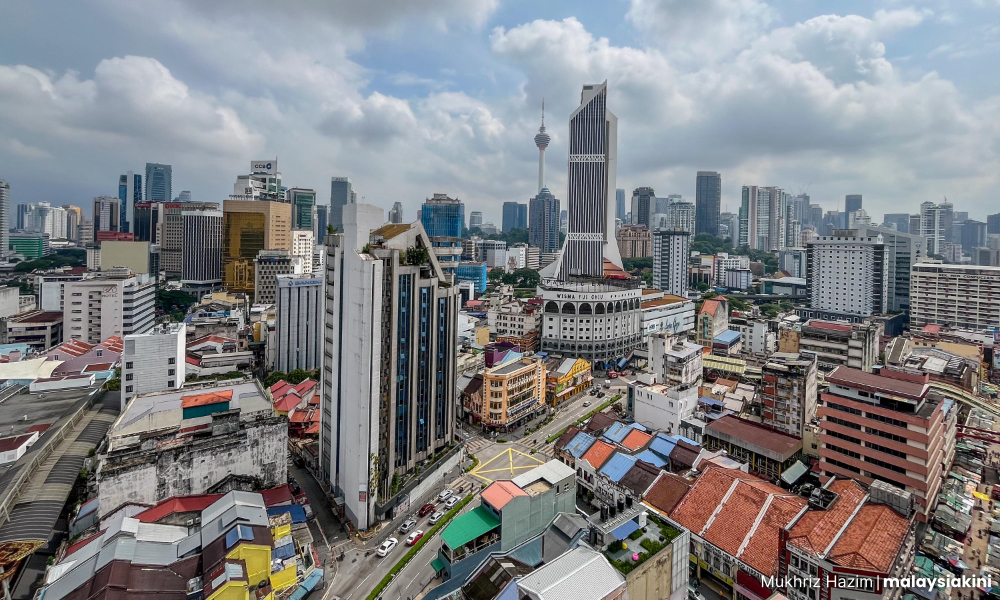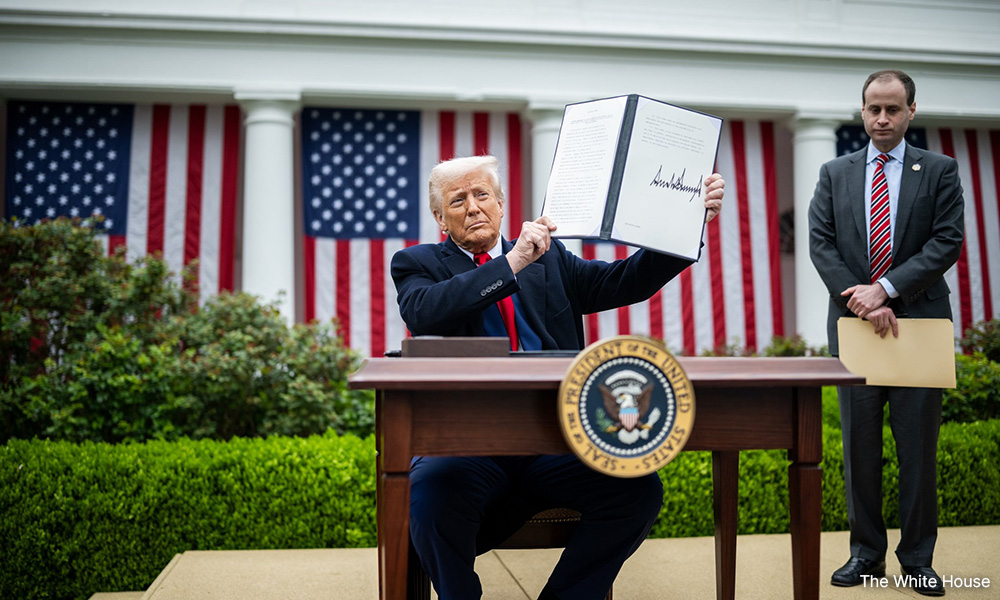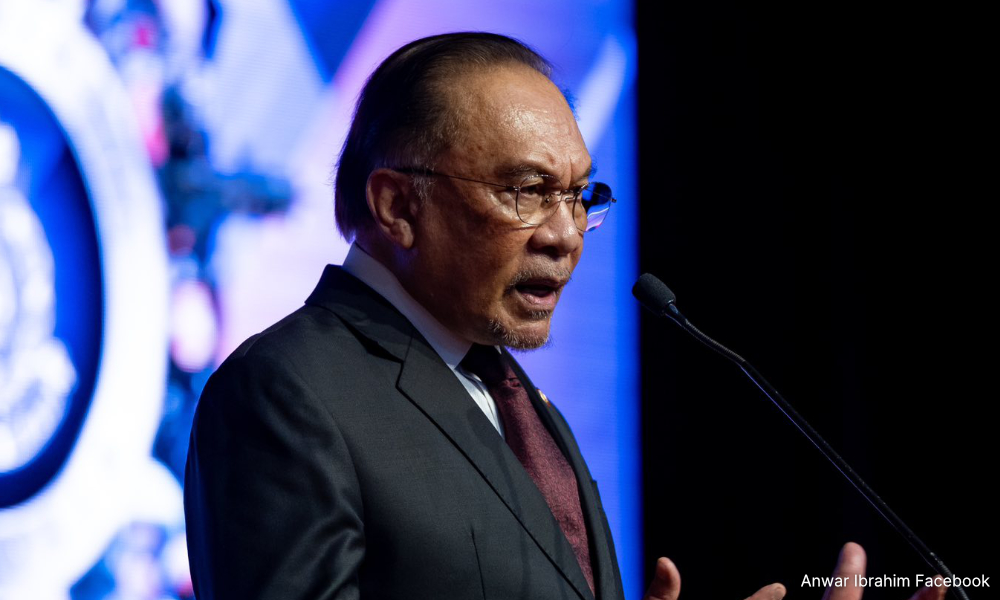I don’t come to this conversation as an economist, policymaker, or trade adviser. I’m just one of many trying to understand what these global shifts mean for countries like ours, and why Malaysia’s response has stood out.
I don’t deal with graphs and growth curves, but I do pay attention to patterns. And Malaysia’s restraint in the face of rising pressure has been one worth watching.
At the core of US President Donald Trump’s trade strategy lies a principle he has long championed: fair trade, not free trade. In his view, if American markets are open to foreign goods, trading partners must reciprocate.
This demand is especially targeted at economic giants like China. For Trump, tariffs are not merely defensive tools. They are instruments of pressure designed to compel engagement.
This mindset mirrors his long-standing approach as a dealmaker. In global trade, he applies the same methods he once used in business: bold opening moves, assertive positioning, and a strategic pause that signals a willingness to negotiate.
Prolonged confrontation
When sweeping tariffs were announced, many anticipated prolonged confrontation.
That pattern was confirmed again on April 9, when Trump announced a 90-day pause on most of the newly imposed tariffs, excluding China, which now faces a 125 percent import tax.
The pause, he said, would allow for one-on-one trade negotiations with individual countries. While a universal 10 percent tariff remains in place for most nations, this shift exemplifies his trademark method.
He applies pressure, then offers a window for diplomacy on his terms.

Malaysia was among the countries affected in an earlier wave of tariffs, hit with a 24 percent import duty under Trump’s reciprocal trade adjustments.
The decision sent a strong signal, but Malaysia chose not to respond in kind. Instead, it held firm to a policy of measured engagement.
Understanding Trump
Despite criticism from business leaders and even close advisers, including Elon Musk, Trump held his ground. Supporters now argue that the rebound in US markets and renewed trade talks demonstrate the effectiveness of his strategy.
To understand this approach is to understand Trump himself. His 1987 book, “The Art of the Deal”, offers more than business advice.
It reveals his worldview. If “The Art of War” informs Chinese strategic thinking, “The Art of the Deal” serves as Trump’s personal playbook. It is tactical, transactional, and unapologetically pragmatic.
The essential lesson is not in what he says, but in what he does. Trump’s objective is not conflict. It is leverage. The tariffs are not the conclusion, but the prelude to negotiation on his terms.

Composed response
In this global context, Malaysia’s response has been notably composed. While other nations responded swiftly and sharply, Putrajaya chose restraint.
As Rais Hussin of EMIR Research notes, this is not passivity. It is a calculated decision to protect investor confidence, preserve economic stability, and maintain diplomatic flexibility.
Prime Minister Anwar Ibrahim has made clear our government’s commitment to principled engagement, economic resilience, and regional leadership. As the current chair of Asean, Malaysia has taken a further step by coordinating a collective response among member states.
Rather than acting in isolation, it is guiding the region toward unity. This move reflects a clear understanding of how to survive and thrive in a multipolar world without sacrificing autonomy.
Malaysia’s broader economic direction reinforces this posture. It continues to nurture ties with both the United States and China, maintaining balance without over-dependence.

Its involvement in frameworks such as the Comprehensive and Progressive Agreement for Trans-Pacific Partnership and the Regional Comprehensive Economic Partnership underlines its dedication to multilateralism.
At the same time, growing engagement with Brics signals an intent to diversify trade and financial partnerships. This is not hedging. It is the economic architecture built for resilience.
In moments of geopolitical tension, the loudest response often attracts the most attention. But Anwar understands that real strength lies in positioning, perception, and credibility, not in reactionary headlines.
While others raise their voices, Malaysia is raising its value. Through strategic patience, consistent policy, and principled leadership, it is asserting its role on the world stage.
Not through provocation, but through purpose. Not by rushing to retaliate, but by choosing, deliberately, when and how to act. - Mkini
MAHATHIR MOHD RAIS is a former Federal Territories Bersatu and Perikatan Nasional secretary.
The views expressed here are those of the author/contributor and do not necessarily represent the views of MMKtT.




No comments:
Post a Comment
Note: Only a member of this blog may post a comment.